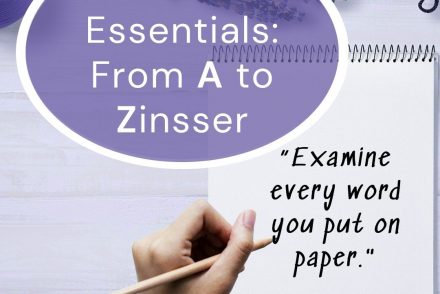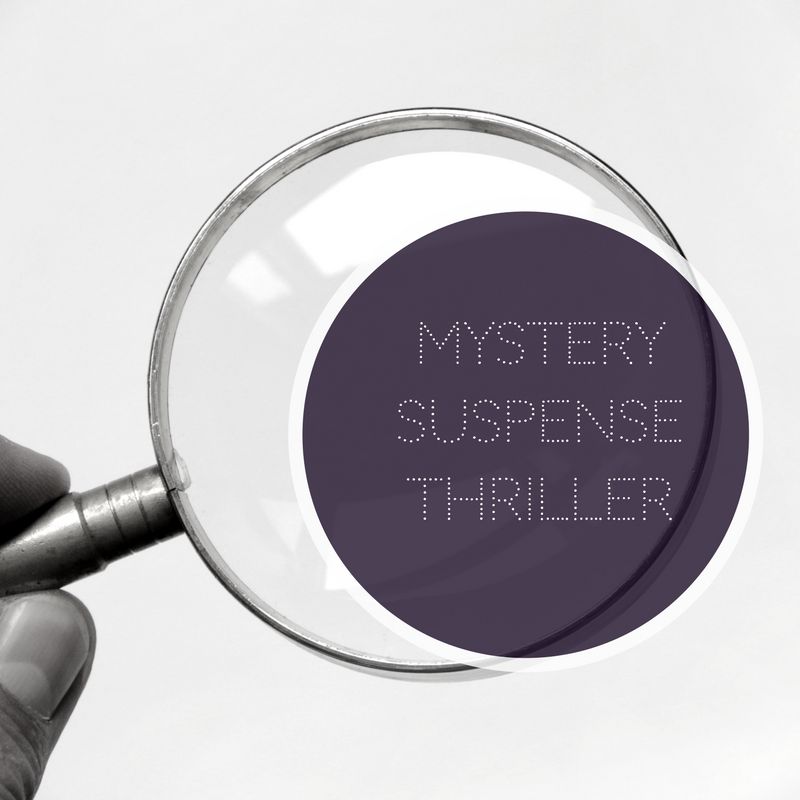
Clarity is the Key to Great Writing
“You can solve most of your writing problems if you stop after every sentence and ask: what does the…
October 21, 2021
“You can solve most of your writing problems if you stop after every sentence and ask: what does the…
October 21, 2021
Good plot twists can make or break our story. While twists are important to all fiction writing, they are…
October 17, 2021
Freelance writing isn’t always the easiest way to make a living. Moving from project to project demands concentration, adaptability,…
October 9, 2021
Does it seem to take FOREVER to get a brilliant (they all are!) book published for kids? Even as…
September 8, 2021
Sometimes when I tell people I write middle grade, they nod knowingly and say “Cool. Like a chapter book,…
August 16, 2021
We’re all familiar with phrases that warn us of danger lurking ahead. Look before you leap. You can’t be…
August 10, 2021
As much fun building characters in a fiction story is, the process is equally challenging. Trying to create memorable…
July 26, 2021
As I was editing my latest WIP, I ran across several instances where my plot followed one character on…
July 23, 2021
“Don’t say you were a bit confused and sort of tired and a little depressed and somewhat annoyed. Be…
July 21, 2021
No matter how dignified we are, holding our just-published book in our hands for the first time makes us…
July 12, 2021
Can you share a little about your recent book? My most recent book for children is Grumpy the Gator.…
July 1, 2021
After my accident, I was in a hurry to get back to my life. I didn’t care about what…
May 29, 2021
Secondary characters are the seasoning in your story soup. Who can be secondary characters, or sidekicks? Often, they’re the…
May 23, 2021
Why do you write? I was pegged an expressive analytic in a personality test I took through my company.…
May 22, 2021
Writers Chat, hosted by Jean Wise, Johnnie Alexander, and Brandy Brow, is the show where we talk about all…
May 15, 2021
In past blog posts, I’ve written about choosing a genre, story premise, and GMC. A key element of any…
April 27, 2021
Guest post writing is one of the best tools you can use to create a good reputation and help…
April 26, 2021
Everyone knows there are certain rules that must be followed in order to present an article to a publication.…
April 14, 2021
One month ago my first novel officially released. As you might guess, I am proud of finally achieving that…
March 8, 2021
In the short time since I published my first book (10/10/2020), I’ve been asked many times what advice I…
December 30, 2020
The First Impressions Contest is held every year by ACFW. This year, Annette Griffin made it to finalists’ list…
December 27, 2020
It cannot be overstated: Critique groups are vital for writers. The critique group is to a writer what coaches…
October 16, 2020
I have a good friend who often says, “I’m going to be gone this week to a “write away.”…
October 14, 2020
Why do you write? I can’t imagine a life NOT writing. OR it’s those nasty voices in my head…
October 12, 2020
I am one of those writers who sits among piles of stuff. That piece of information I need? I…
August 19, 2020